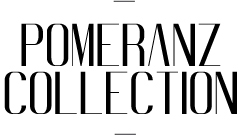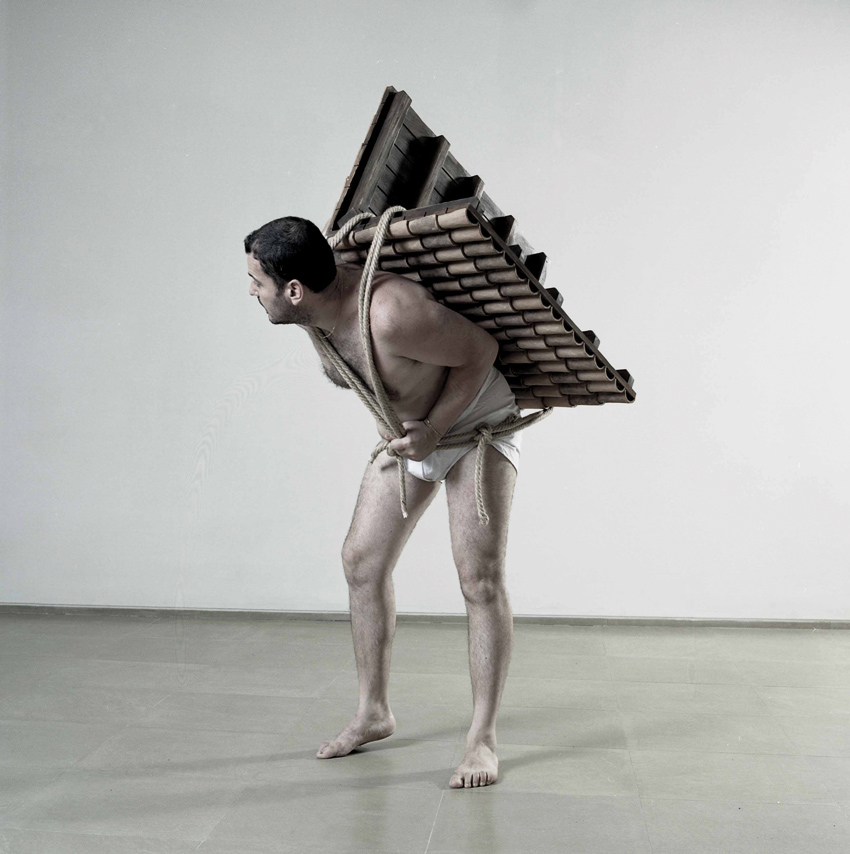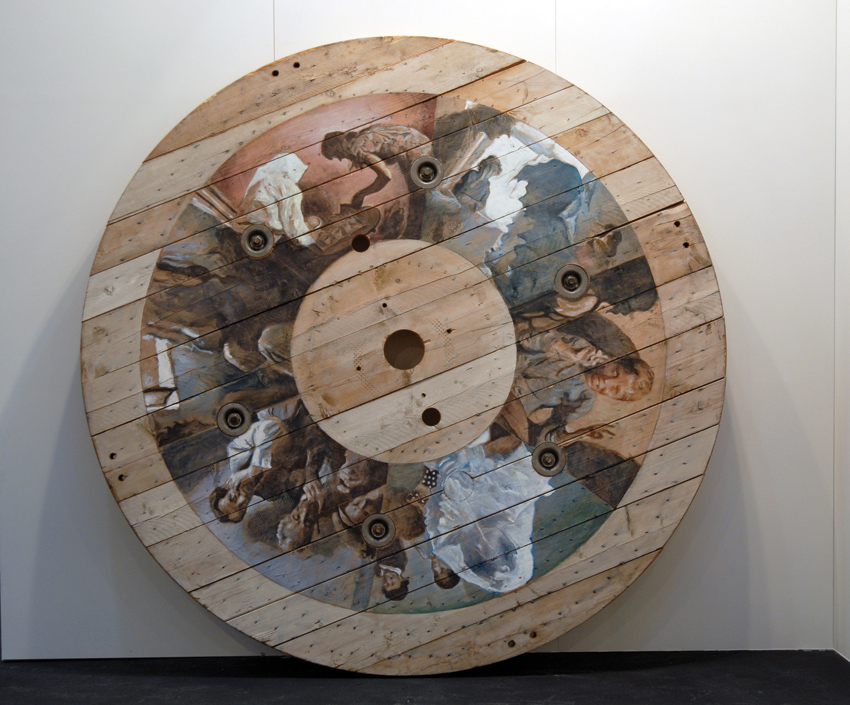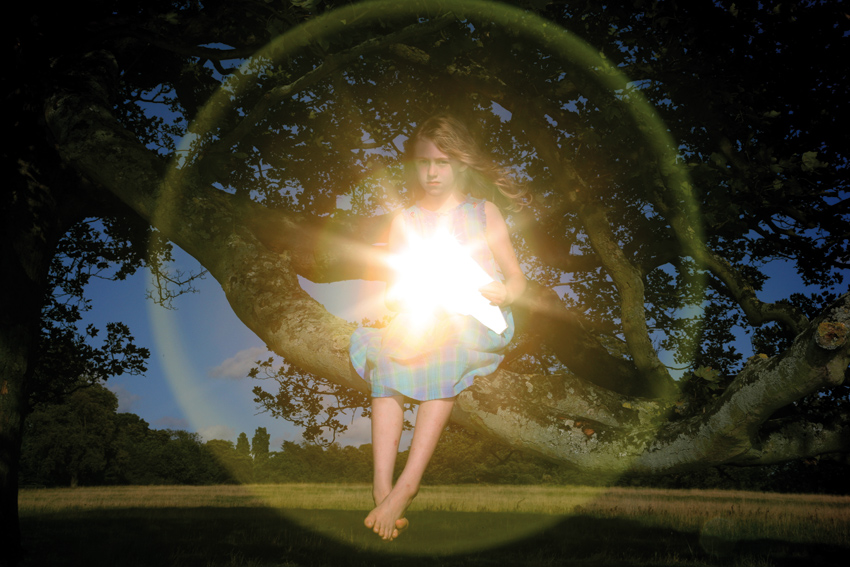ADRIAN PACI
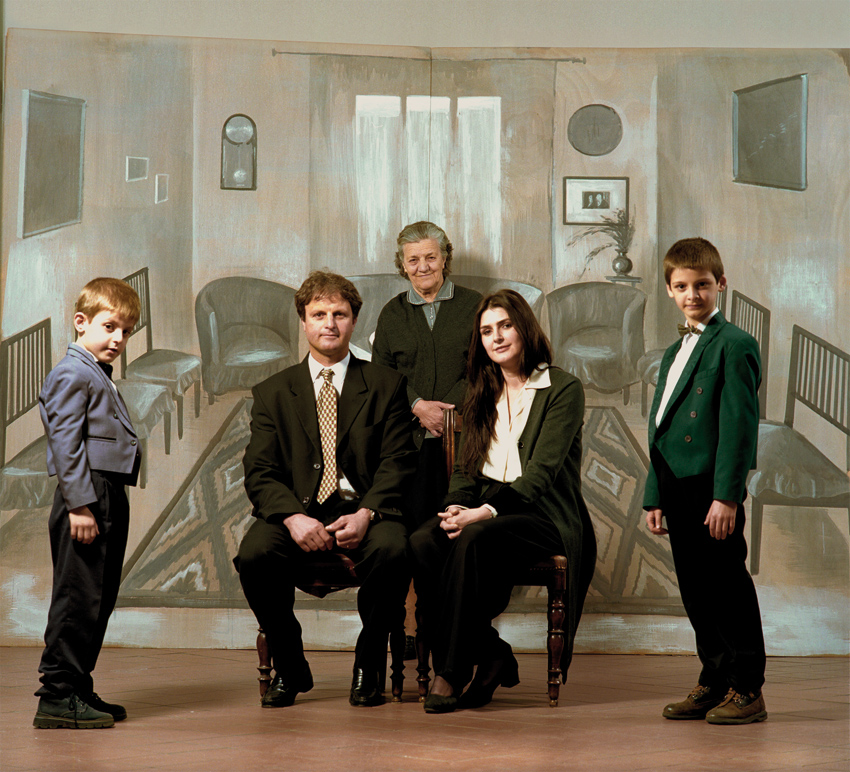


2001
110 x 120 cm
Edition 3/5
Inv. Nr. 97
Photo: courtesy kaufmann repetto, Milano
Born in 1969 in Shkoder, Albania
Lives and works in Milan, Italy
After graduating from the Academy of Fine Arts in Tirana, Adrian Paci left Albania, his homeland in 1997, during the civil war, and took refuge in Italy. His experience of exile leads him to work on questions relating to immigration, such as mobility, displacement or cultural hybridism. Adrian Paci explores personal histories, highlighting their construction and re-staging them in order to reveal how people are shaped by their environmental boundaries.
Back Home is a series of photographs of immigrant families posing in front of reproductions of their former houses in Albania. The participants, who have been Italian residents for quite a while, authorized Paci to access and photograph their abandoned houses. He then reproduced the pictures on painted backdrops. With some nostalgia and lyricism, the families found themselves in front of what they had left. The setting of the photographs mimics the way in which old photographs were composed, where domestic surroundings (tents, chairs and columns) were the common backdrop of any portrait. As an inversion of the photographs that migrants usually sent back of their new lives, this series insists on their domestic suffering.
In the photograph entitled Home To Go, the half-naked artist is carrying, with obvious difficulty, a ceramic tiled roof strapped to his back. This work also exists as a sculpture in which the body of the artist is cast in marble powder and resin. This piece juxtaposes the characteristics of Social Realistic sculpture with a major social issue, immigration. The fragment of a house embodies the memory of history, culture, tradition and family carried by the artist wherever he goes, which are both a burden and a commitment.
Wedding is part of a series of paintings, which presents intimate scenes, family pictures and interiors extracted from various documentation sources ranging from the artist’s personal history to frames from Pasolini’s films. Here, the scenes reproduced in a Socialist Realist tradition are painted on a wooden wheel, which may recall the traditional Renaissance circular format of the tondo.
Per Speculum is a video and a series of photographs that show a group of children seated on a large sycamore tree in the middle of a field. They are playing with the reflections of the sun in pieces of mirror, which dazzle the viewer. This pastoral scene directly alludes to a passage from St Paul's “First Letter to the Corinthians” (13:12): “videmus nunc per speculum in aenigmate tunc autem face ad faciem” (“At present we see indistinctly, as through a mirror, but then face to face. At present I know partially; then I shall know fully, as I am fully known”).
